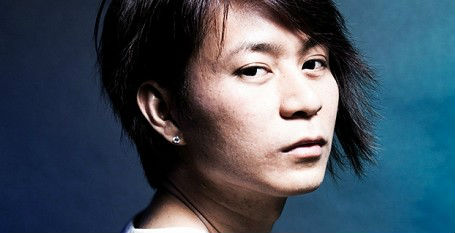“Gay marriage is a battle that requires time (and) built upon the acceptance, tolerance, and understanding of the straight society…It appears Vietnam is jumping too far ahead without paving the way in which gay marriage can be celebrated,” said Valentine Vu writing in an editorial for tuoitrenews.vn.
“Vietnamese people are not ready for it because the majority of the population still holds prejudice against homosexuality being a disease, in fear of it being contagious, and afraid of losing face value if a friend/family member is gay,” he pointed out.
Although both male and female same-sex relations is legal and is believed to never have been criminalized in Vietnamese history, society is still heavily prejudiced against the LGBT.
Vietnamese lawmakers say the country is being progressive as it has scrapped fines against marriage between same-sex couples even though the proposed Family and Marriage Bill has not officially been passed. The National Assembly is likely to vote on the issue later in 2014.
Even if the marriage equality bill were passed, more disparities between the people would happen resulting in further isolation of gay families if gay marriage is recognized without any foundation to properly support it, Vu added.
This is because the “the nation’s conservative base still recognizes homosexuality as a taboo act and not as a personal identity,” said the openly gay Vietnamese-Canadian fashion design lecturer and program manager at a design and art center in Ho Chi Minh City.
Some have argued that people who are against gay marriage are uneducated. “It is not fair to make such an assumption when the government, educational system, culture, and even gays don’t take the time to teach and to represent a positive image of homosexuality,” he said.
“What this country needs is the new face of homosexuality, the courage for gays to come out, the celebration of a positive gay culture, and the introduction of gay acknowledgement in the educational system,” said Vu who grew-up in Canada.
To be a positive gay image is a daily struggle, he said. “In public, due to the way I dress, it automatically points out my sexual orientation and that will raise looks, pointed fingers, snickering, and sometimes even vocalized opinions.”
Nonetheless, Vu is lucky he is a teacher because it enables him “to present and influence a positive representation of homosexuality” in front of college-age students.
Vietnam has been governed by a Communist government partly since independence from the colonial French in 1954 and fully since 1975 but has since remained impoverished and politically isolated.
In 1986, the government initiated a series of reforms to begin Vietnam’s path toward integration into the international community.

